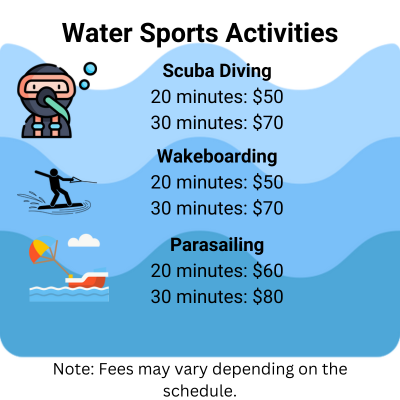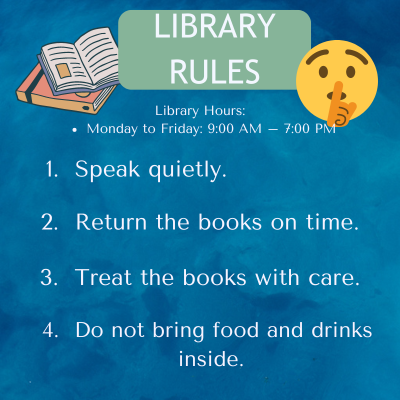| 1. | conduct |
|
行う
|
|
| 2. | survey |
|
アンケート
|
|
| 3. | respondent |
|
回答者
|
|
| 4. | prime |
|
主要な
|
|
| 5. | household |
|
家庭
|
| 1. | What percent of the survey respondents read news online after 8:00 p.m.? |
| Answer: | |
| 2. | What time is usually the prime TV-watching hour? |
| Answer: | |
| 3. | What can people easily do on mobile devices? |
| Answer: | |
| 4. | What was once the enemy of reading? |
| Answer: |
| 1. | Do you prefer to read electronically or to read with paper? Why? |
| Answer: | |
| 2. | Do you think it is a good thing that people are using mobile phones more? |
| Answer: | |
| 3. | What are the advantages and disadvantages of using mobile phones? |
| Answer: | |
| 4. | With the development of technology, what could be the next stage for mobile phones? |
| Answer: |
| Topic: | What is your opinion about this topic? |
| Answer: | . |
Between the two modes of learning—online learning or classroom learning—which do you think is more effective in what situation (for which kind of task or activity)?
| Score: | Please check the description of each score. |
| 1. | strongly disagree | |
| 2. | disagree | |
| 3. | undecided | |
| 4. | agree | |
| 5. | strongly agree |
| Criteria: | Please give the score by looking back on today’s lesson. |
| 1. | The student was able to use appropriate phrases to express his/her ideas. | |
| 2. | The student was able to correct grammar and phrases if he/she made a mistake. | |
| 3. | The student was able to speak in a confident manner. | |
| 4. | The student was able to express his/her ideas in a logical way. | |
| 5. | The student was able to tell his/her thoughts to the tutor properly. | |
| 6. | The student was able to speak in a consistent way. | |
| 7. | The student was able to react to the tutor’s question well. | |
| 8. | The student didn’t continue the subtle pauses and silences. | |
| 9. | The student was able to maintain a fluent, and natural flow of speaking. |




 GOOD
GOOD 


